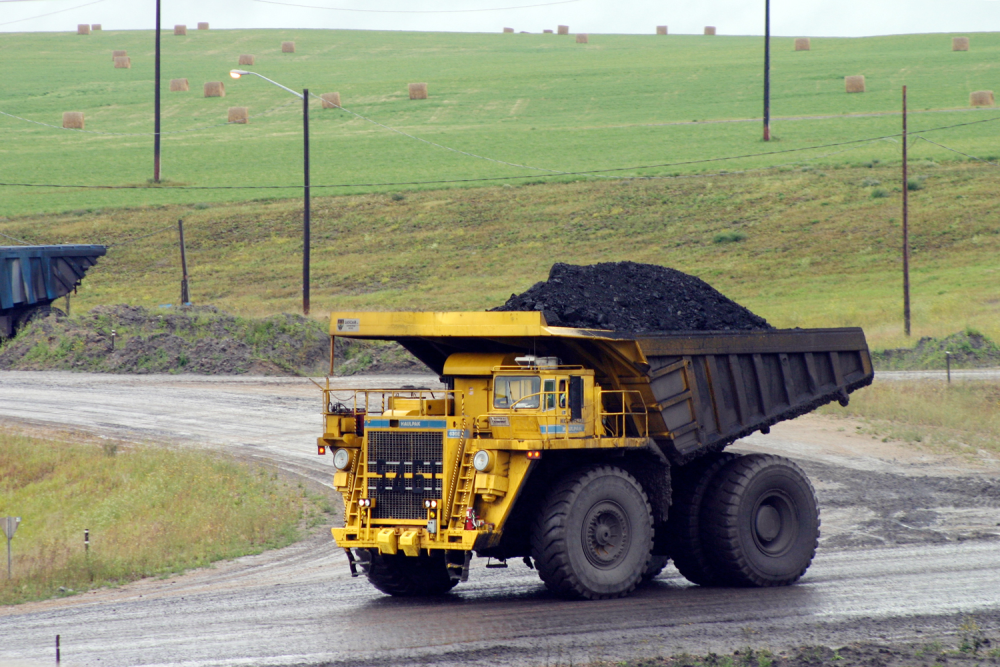CALGARY – Environmental law group Ecojustice and the Pembina Institute are concerned about the potential climate impacts of the Teck Resources’ Frontier oilsands open pit mine, following the release of a Joint Review Panel report today that recommends its approval.
Despite finding that the mine would have significant adverse impacts on the environment – including the irreversible loss of 14,000 hectares of wetlands – the Panel concluded that those impacts are justified and that the project is in the public interest. Moreover, despite previous legal precedent, the Panel failed to recognize the adverse climate impacts or explain why the emissions impacts of this project are not significant.
Without including those from the Teck Frontier mine, cumulative emissions from previously approved oilsands projects – if all went ahead with construction – would reach 130 Mt, which is far in excess of the 100 Mt limit the Government of Alberta has legislated. The Panel noted that there was uncertainty about how the 100 Mt policy will be implemented and when the limit would be reached. In addition, the Panel found that the project would not be "best-in-class" in terms of greenhouse gas emissions.
Additionally, a project of this magnitude would require decades of sustained high oil prices to run its operations and cover the $2.9 billion clean-up bill at the end of its four-decade lifespan. Most credible energy projections that consider recent policy and technological trends show that global oil demand could peak and then decline between 2030 and 2040. This calls into question the profitability of long-term oil projects that increasingly may compete with other low-carbon energy sources.
“We need to ensure we pursue smart and truly responsible development,” said Duncan Kenyon, Regional Director of Alberta for the Pembina Institute “If Canada chooses to approve this project, it needs to reconcile how this mine fits into our 2030 and 2050 national climate goals, and prevent any liability from landing on the backs of taxpayers. The oil and gas sector has done a lot to benefit Alberta's economy, but the 21st century will demand something more of us.”
“New projects should be required to meet best-in-class standards for greenhouse gas emissions. It makes no sense to approve projects that are worse than existing operations in terms of emissions,” said Ecojustice lawyer Barry Robinson. “According to Pembina’s evidence, annual emissions from the Frontier Oil Sands Mine would be equivalent to adding hundreds of thousands of cars to the road per year. This project will make it more difficult for Canada to achieve its climate commitments under the Paris accord.”
Both Ecojustice and the Pembina Institute urge the federal Minister of Environment and Climate Change to keep in mind that the Panel has not properly addressed this project’s significant climate impacts – and has further failed to provide conditions that mitigate those impacts – as she weighs whether or not to recommend approving one of the largest oil sands mines in history, while in the midst of a declared climate emergency.
Quick facts
- If built, the Frontier Oil Sands Mine would occupy 293 square kilometres of land near Wood Buffalo National Park in northeast Alberta.
- The open pit mine is expected to produce more than 260,000 barrels of crude oil per day, and would generate six megatonnes of annual emissions according to Pembina’s expert analysis
- During the fall and winter of 2018, the Joint Review Panel – comprising representatives from the Canadian Environmental Assessment Agency and the Alberta Energy Regulator – was tasked with hearing testimony to consider the merits, impacts and concerns of stakeholders regarding the proposed project
- During the hearing, Ecojustice represented the Oil Sands Environmental Coalition, a joint venture between the Pembina Institute and Fort McMurray Environmental Association. Experts from this coalition presented evidence on the project’s financial risks, climate impacts, and the threat it would pose to boreal caribou and other species.
- The federal minister of Environment and Climate Change will make a final decision whether to recommend that Cabinet approve the mine within seven months of the release of the Joint Review Panel’s recommendations
[30]
Contact
Michelle Bartleman (English / français)
Communications Lead, Alberta (Edmonton)
587-588-5744
Background
Submission: Submissions of the Oil Sands Environmental Coalition (Aug. 31, 2018)
Blog: What it takes to greenlight a new oilsands mega-mine (July 24, 2019)
Publication: Energy Policy Leadership in Alberta
About
The Pembina Institute is a non-profit think-tank that advocates for strong, effective policies to support Canada’s clean energy transition. We have offices in Vancouver, Calgary, Edmonton, Ottawa and Toronto.
Ecojustice is Canada’s largest environmental law charity. Ecojustice goes to court and uses the power of the law to defend nature, combat climate change, and fight for a healthy environment for all. Learn more: www.ecojustice.ca



